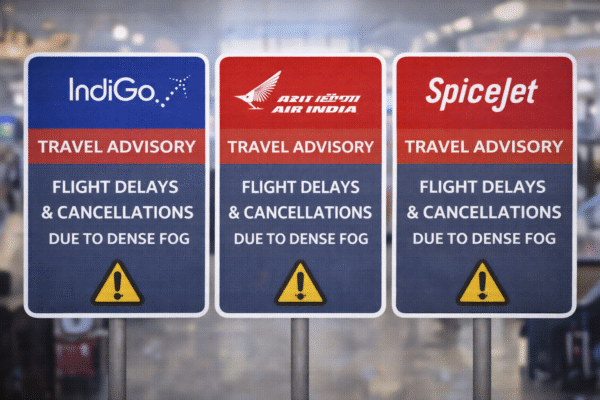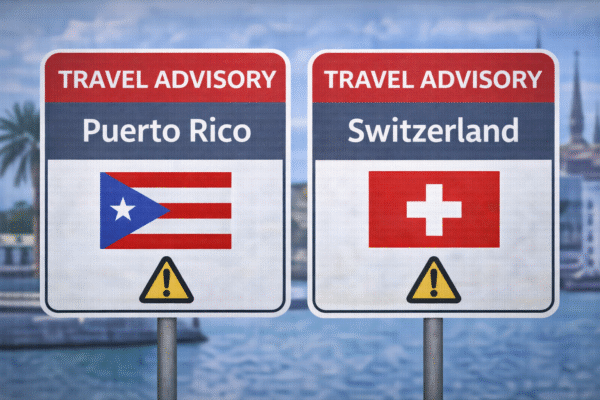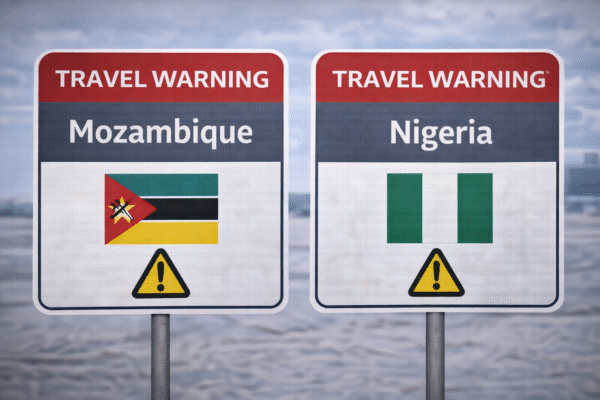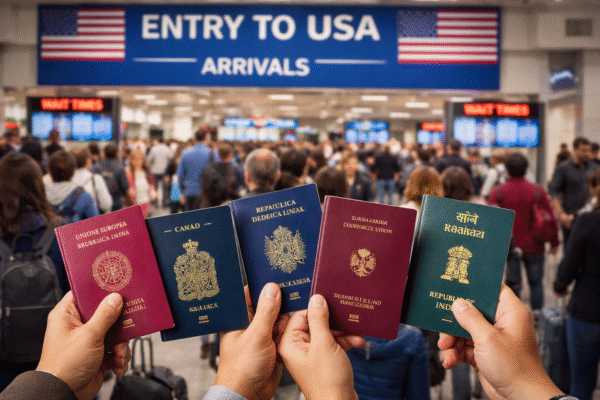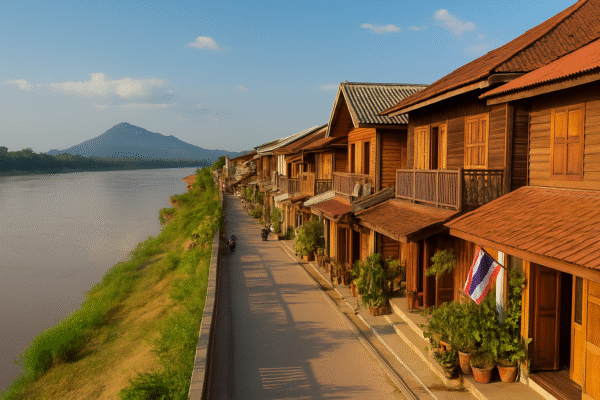Thailand has taken a bold step toward stronger tourism and community safety. The Office of the Insurance Commission (OIC) launched a new initiative in Chiang Khan, Loei Province. The program, named “Proactive Insurance Promotion to the Regional Level in 2025,” aims to raise insurance literacy and highlight its role in risk management.
Chiang Khan, famous for its wooden houses and riverside beauty, was chosen as the starting point. The project seeks to educate locals and businesses about how insurance can safeguard life, property, and tourism-related income. By linking insurance with tourism, the OIC hopes to create a resilient foundation for communities and visitors alike.
Why Insurance Matters for Thailand’s Tourism
Thailand’s economy relies heavily on tourism. Visitors flock to destinations such as Chiang Khan for cultural heritage and natural beauty. Yet tourism also faces risks from natural disasters, fires, accidents, and global economic changes. Without preparation, these events can harm both communities and travelers.
Insurance offers protection in such situations. The OIC emphasizes that insurance is not only a financial product but also a tool for resilience. It allows businesses and families to recover from crises and continue daily life without devastating losses.
Fires and Property Protection in Chiang Khan
During the launch event, officials addressed the high fire risk in Chiang Khan. Many of the town’s structures are aging wooden houses that could suffer catastrophic damage. Insurance coverage, they explained, can provide a vital safety net for property owners.
Community leaders highlighted that protecting these historic homes is important for both culture and tourism. With insurance in place, residents gain peace of mind and resources to rebuild after disasters. This assurance also supports local tourism, which thrives on the charm of Chiang Khan’s unique architecture.
Insurance as a Support System for Tourism
The program also highlights the role of insurance in strengthening the tourist experience. Tourists want safe and reliable destinations. By ensuring that businesses and communities have adequate coverage, Chiang Khan can attract more visitors.
Insurance coverage helps businesses recover quickly from unexpected events. For example, hotels or restaurants affected by accidents or natural disasters can continue operations with financial support. This stability benefits both visitors and locals, ensuring the flow of tourism remains strong.
Benefits for Local Entrepreneurs
Small businesses form the backbone of Chiang Khan’s economy. Many operate in hospitality, dining, or local crafts. These entrepreneurs often lack financial reserves to recover from serious losses. Insurance helps fill that gap.
With coverage, business owners can face unexpected challenges such as accidents, storms, or economic shifts without collapsing. This allows them to continue operations, pay employees, and serve visitors. In turn, it builds long-term confidence in the local tourism industry.
Building Broader Awareness Across Thailand
The OIC plans to expand this initiative to other regions after its introduction in Chiang Khan. The goal is to create a nationwide culture of insurance awareness. Officials will use workshops, education campaigns, and collaboration with local governments to spread knowledge.
This broader effort focuses especially on rural areas, where insurance awareness is often low. By improving access to insurance products, communities across Thailand can become more secure. A strong insurance culture also supports sustainable tourism in smaller towns and rural attractions.
Addressing Global and National Risks
The OIC recognizes that Thailand faces increasingly complex risks. Natural disasters occur more frequently, global pandemics affect economies, and environmental changes pose new threats. Businesses and individuals must prepare for these uncertainties.
Insurance provides a safety net that protects against such challenges. It allows individuals to manage health risks, property owners to protect assets, and businesses to sustain operations. The initiative stresses that insurance should be viewed as a proactive solution, not a last resort.
Government and Private Sector Cooperation
The insurance literacy project relies on strong partnerships. Local governments, community organizations, and businesses all play a role in raising awareness. Together, they can ensure that insurance knowledge reaches every resident.
The program also aligns with Thailand’s national tourism strategy. By focusing on resilience, the country strengthens its global reputation as a safe and reliable travel destination. This approach not only benefits tourists but also secures the livelihoods of millions who depend on tourism.
A Safer Future for Chiang Khan and Beyond
The OIC’s project highlights how education can transform communities. Chiang Khan, with its rich cultural identity and reliance on tourism, is the ideal place to begin. By teaching residents and entrepreneurs the importance of insurance, the initiative supports both local safety and national economic goals.
Tourism thrives when visitors feel secure and communities feel prepared. Insurance creates that foundation of security. With this program, Thailand ensures that its tourism growth is not only vibrant but also sustainable.
Conclusion
The “Proactive Insurance Promotion to the Regional Level in 2025” marks a turning point for Thailand. By launching in Chiang Khan, the OIC connects tourism, community safety, and economic resilience.
The initiative teaches locals how insurance protects homes, businesses, and visitors. It ensures that entrepreneurs can recover from crises, tourists feel confident, and the region thrives despite risks.
Thailand is now building a culture where insurance supports long-term growth. This project signals a national commitment to resilience, stability, and sustainable tourism. With knowledge and preparation, Thailand is ready to face future challenges while protecting its people, culture, and visitors.
For more travel news like this, keep reading Global Travel Wire




